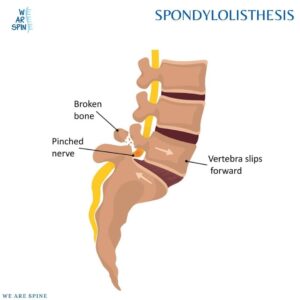
SPINE TUMOUR
Abnormal growths that form inside the bones of the spine or spinal canal are known as spinal tumours. These growths may be malignant (cancerous) or benign (noncancerous). Although rare, Spine Tumours may affect quality of life and cause extreme discomfort and neurological issues.
The majority of spinal tumours have an unclear specific source. Radiation exposure and a family history of cancer, however, might be risk factors.
The location, size, and kind of a spinal tumour can all affect its symptoms. Typical indications could be:
● Persistent neck or back pain that frequently gets worse at night or with specific activities
● One or more limbs experiencing tingling, numbness, or weakness
● Having trouble keeping balance or coordination
● Having trouble walking
● Bladder or bowel problems
A physical examination, imaging tests such as MRIs and CT scans, and sometimes X-rays are used to diagnose spinal tumours. Doctors may occasionally advise a biopsy, which involves taking a tiny sample of tissue for further investigation.
The specific kind, location, and degree of cancer in spinal tumours determine how they should be treated. Options could include chemotherapy, radiation therapy, surgery, or a mix of these. The objectives of treatment include removing or shrinking the tumour, controlling symptoms, and enhancing general function and quality of life.










